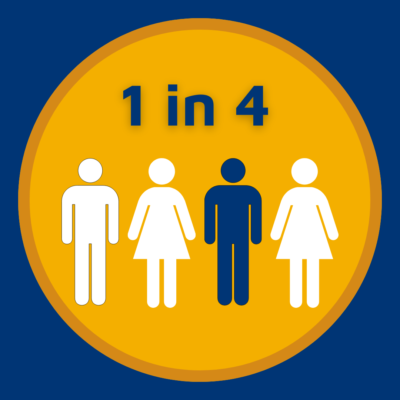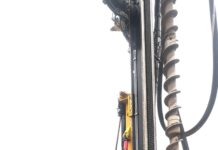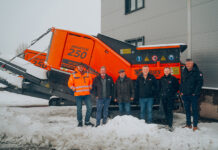NEW research has revealed that 1 in 4 construction workers identify as having a neurodiverse condition, with ADHD the most prevalent of these.
The National Federation of Builders (NFB), along with The Construction Industry Training Board (CITB) and People’s Partnership, have conducted research on neurodiversity in the construction industry.
Danny Clarke CMIOSH, commercial director of NFB, said, “This research focuses explicitly on the construction industry and highlights the incidence of neurodiversity amongst workers. The results of which show that neurodiversity is surprisingly common, with one in four identifying as having a neurodiverse condition.”
The NFB, CITB and People’s Partnership are all committed to improving the industry for both current and future workers. To understand how many of those working in the sector are neurodiverse, and the challenges and hurdles they face, the NFB commissioned research undertaken by OnePoll. The survey sampled over 1,000 UK adults working in the construction industry.
Neurodiversity is the term used to describe the different ways in which people’s brains function, learn and process information.
34% of neurodiverse workers expressed that their condition actually heightened their desire to work in construction, while only 5% said they felt it made them less inclined to do so.
The construction industry is also perceived as supportive towards neurodiversity, with 67% of all workers believing that the sector is capable of accommodating and aiding individuals with diverse neurological conditions, while only 11% expressed disagreement.
80% of respondents who disclosed their neurodiverse condition to their employer said they experienced ‘reasonable adjustments’ made for their accommodation, with 71% receiving additional support.
Joe Cook, senior vice chair of NFB, added, “There is of course still work to do when it comes to stigma. The research shows that almost 40% of neurodiverse workers have not told their employers and of those about a third say it is because they are worried about the stigma, and a significant percentage say they are embarrassed.
“This is simply not acceptable. We can only get the best out of our people when they feel fully supported and it is hard for employers to support where we do not know the challenges that our people face. With more awareness, we can change that, and between us, the NFB and CITB, it is our mission to do so.
“I’m proud our sector is a home to many neurodiverse people and that it attracts neurodiverse people to work in it. That is something we should shout from the rooftops. Let’s do everything we can to make it the most supportive sector too.”
The report is available for download on the NFB’s website here: https://www.builders.org.uk/neurodiversity-report/.












